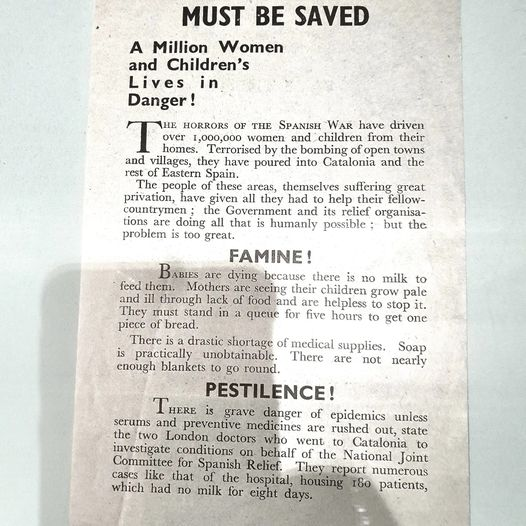I was originally going to write up something about how I see the various challenges for the new party, how it tackles the Labour Party, Reform UK, Gaza, but Zack Polanski's election as leader of the Green Party decided me on focusing on the relationship of the new party and the Greens. I think it presents both challenges and opportunities, it could be said that the announcement of Your Party stole some of Polanski's thunder just as he was working his campaign to become leader of the Greens, and it is also probably true that, by becoming leader, he returns the favour, gaining the media headlines for at least a short while.
Historically, certainly for well over a decade, some people in the Green Party have tried to present it as a socialist party. However, it has been a far more heterogeneous alliance of the centre and the left, sort of eco-socialists alongside environmentally committed LibDems and therefore, like Tony Benn said of the Labour Party, not a socialist party, but a party with some socialists in it.
I must admit to having been quite dubious regarding Polanski, his previous career and political trajectory are a trifle odd, but he seems to have integrity, passion and intelligence, he's definitely of the left, but I'm not entirely sure how left, nevertheless, his election marks a leftward shift for the Greens and maybe they will become the green socialist party that had been claimed of it by its left wing.
I saw a Facebook friend posting that there should be a coalition of the two parties - I think that when the new party hasn't even been formed it is terribly premature to suggest such a thing, it may never be appropriate, however it would also be wrong to have the two parties oppose each other needlessly to the benefit of the right. We need to see the actual shape (and the name!) of the new party, its membership, leadership and policies, before any substantial alliance can be formed, we need to see how they stand in relation to each other and also need to remember a very important lesson from the 1980s.
The Social Democratic Party is mostly forgotten now, and probably not much lamented, but it was formed from dissident centrists within the Labour Party when Michael Foot was leader, they contended that Labour had lurched too far, unacceptably so, towards the left, the initial 'gang of four' Roy Jenkins, Shirley Williams, David Owen and Bill Rogers, were soon joined by other Labour MPs and enjoyed some electoral success. They formed an alliance with the Liberal Party and were seen as a moderating influence within British politics when Labour was portrayed as extreme and the Tories actually were extreme. However, by 1987, they had lost most of their seats and merged with the Liberals to form the Lib Dems in 1989. (See the wikipedia entry here for the full sordid story: https://en.wikipedia.org/wiki/Social_Democratic_Party_(UK))
A too close alliance between two parties can lead to one being absorbed by the other, and while that's not always a bad thing, the distinctiveness of each party may be lost. If it should happen, it needs to be on the basis of creating something new and bigger, which in any case is exactly what the new party is becoming from the various small groups and parties who are the founding elements of the organisation.
If at all possible, there does need to be some kind of collaboration between the two parties, and certainly a 'non-aggression pact' over seats that could be won by one or the other party. But, and it is very important to state this, such initiatives must, must, must come from the members, not just the leadership. If a party is genuinely about a participatory democracy it needs to be generated by the members, not just a stitch-up from a leadership looking for their advantage. It does look as if both parties are genuinely oriented towards real participation and bottom-up politics (I think we need a different phrase for that!) in which case parties might find what they have in common at grassroots level.



